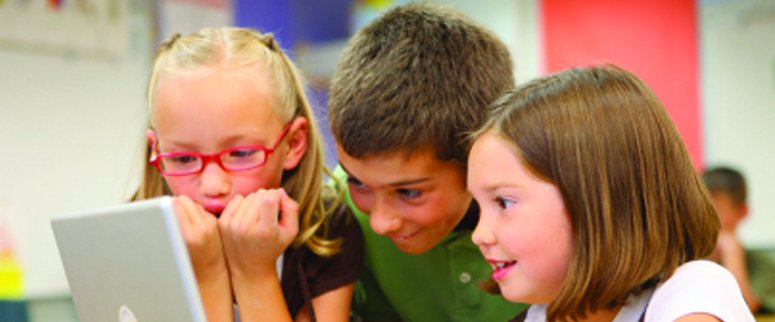Computing

‘Computers are incredibly fast, accurate and stupid:
Humans are incredibly slow, inaccurate and brilliant; together they are powerful beyond imagination.’
-Albert Einstein-
Intent
At Lime Walk , we aim to prepare our learners for their future by giving them the opportunities to gain knowledge and develop skills that will equip them for an ever changing digital world. Knowledge and understanding of ICT is of increasing importance for children’s future both at home and for employment.
Our Computing curriculum focuses on a progression of skills in digital literacy, computer science, information technology and online safety to ensure that children become competent in safely using, as well as understanding, technology.
These strands are revisited repeatedly through a range of themes during children’s time in school to ensure the learning is embedded and skills are successfully developed.
Our intention is that Computing also supports children’s creativity and cross curricular learning to engage children and enrich their experiences in school.
Implementation
Our whole curriculum is shaped by our school vision which aims to enable all children, regardless of background, ability, additional needs, to flourish to become the very best version of themselves they can possibly be. We teach the National Curriculum, supported by Purple Mash and the schemes of work suggested. This ensures that skills and knowledge are built on year by year and sequenced appropriately to maximise learning for all children.
To ensure a broad range of skills and understanding, Computing is taught across three main strands: digital literacy, computer science and information technology. As part of information technology, children learn to use and express themselves and develop their ideas through ICT for example writing and presenting as well as exploring art and design using multimedia. Within digital literacy, children develop practical skills in the safe use of ICT and the ability to apply these skills to solving relevant, worthwhile problems for example understanding safe use of internet, networks and email.
In computer science we teach children to understand and apply the fundamental principles and concepts of computer science, including abstraction, logic, algorithms and data representation. Also to analyse problems to computational terms, and have repeated practical experience of writing computer programs in order to solve such problems.
We also teach a progression of computing vocabulary to support children in their understanding.
At Lime Walk, we give children access to a wide range of good quality resources and provide cross curricular opportunities for children to apply their Computing knowledge and skills. Online safety is taught within a unit but is also touched upon constantly in sessions and through PSHE, Jigsaw and whole school online safety initiatives. Online safety procedures are communicated with all staff and parents.
Our curriculum is progressive to ensure that children are constantly building on previous learning, knowledge and skills. This is integral to ensure that the children become successful digital users and creators. The progression in our curriculum allows children to not only learn new skills but to build upon their experiences in an age appropriate way. At Lime Walk this starts from EYFS and builds as the children’s skills and knowledge change.
Impact
The implementation of this curriculum ensures that when children leave Lime Walk School they are competent and safe users of ICT with an understanding of how technology works. They will have developed skills to express themselves and be creative in using digital media and be equipped to apply their skills in Computing to different challenges going forward.
Assessment for learning helps teachers to adapt planning and consolidate learning for children. T
eachers also use assessment for learning to also help the children to reflect on their learning, development and skills. This helps us to develop evaluative and creative lifelong users of technology.